I worked in music retail for years – here are 6 ways to ensure you save money on your next guitar
We've got the insider knowledge that means you'll bag your next guitar at an unbeatable price
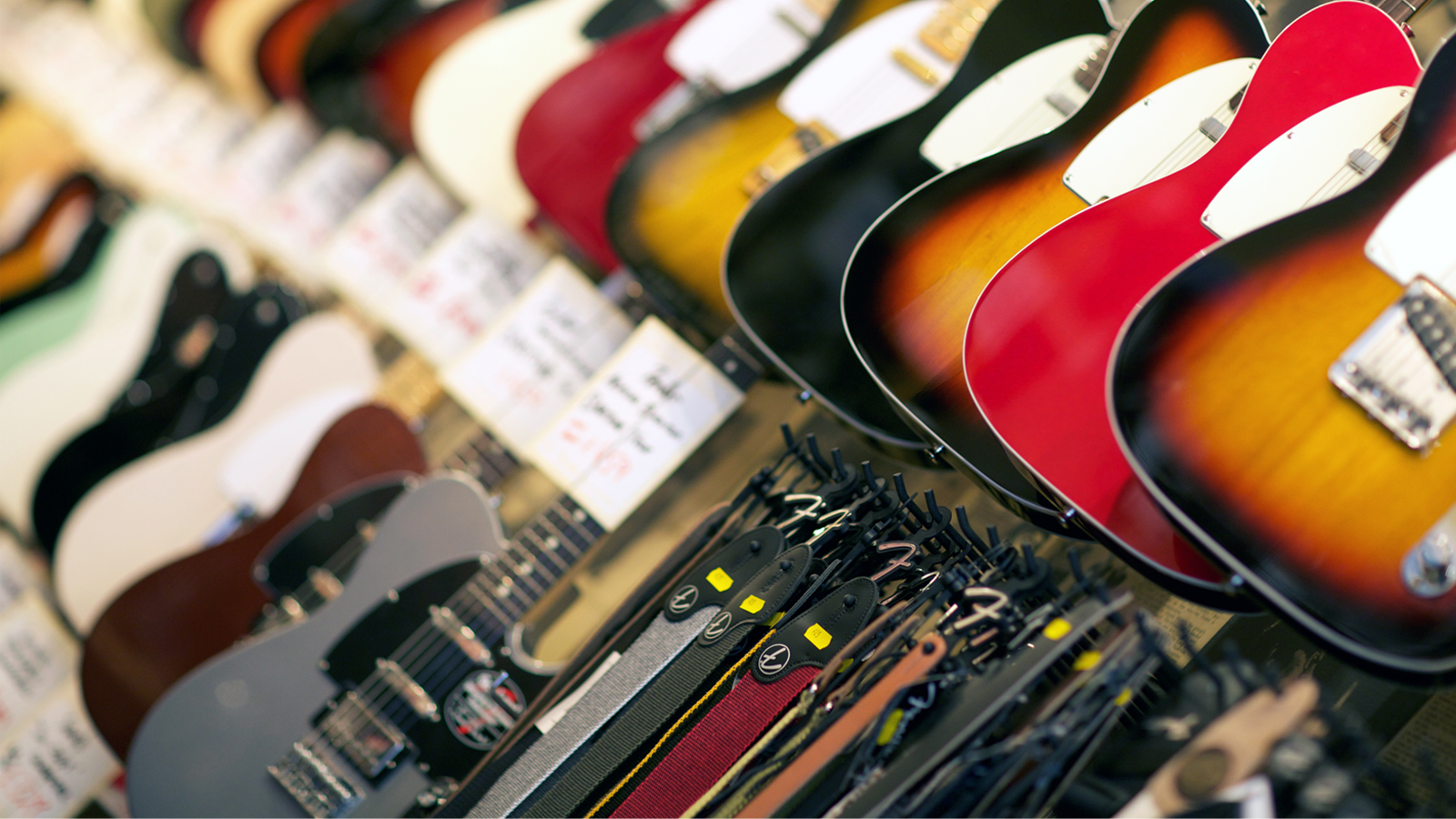
If anyone is aware of how costly guitar is as a hobby, it's me. I spend my days completely submerged in the world of guitars, constantly on the lookout for my next gear-related fix. I've spent many years on both sides of the counter in guitar stores, as the employee tasked with finding your next dream axe and as an avid customer and six-string hoarder – not to mention, I now write about guitars for a living at Guitar World. So with all that in mind, I'm going to go through a few tips and tricks I've learned along the way to ensure you always save money on your guitar purchases.
Now, before we go any further, it's important to note that margins have never been tighter in the world of music retail, with issues surrounding fuel, the cost of living, stocking problems and the lingering effects of a global pandemic causing prices to skyrocket. So, for that reason, it can be difficult to get the exact deal you were hoping for. That said, it's important to remember that it is not the folks behind the counter who set the prices, so remember to always be polite to the staff – whether in person, over the phone or by email – as they are just trying to do their job. Let's face it, if you kick-off, you are less likely to get a bargain!
Okay, with that out the way, let's jump into these tips and tricks to help you get a better price on your new guitar.
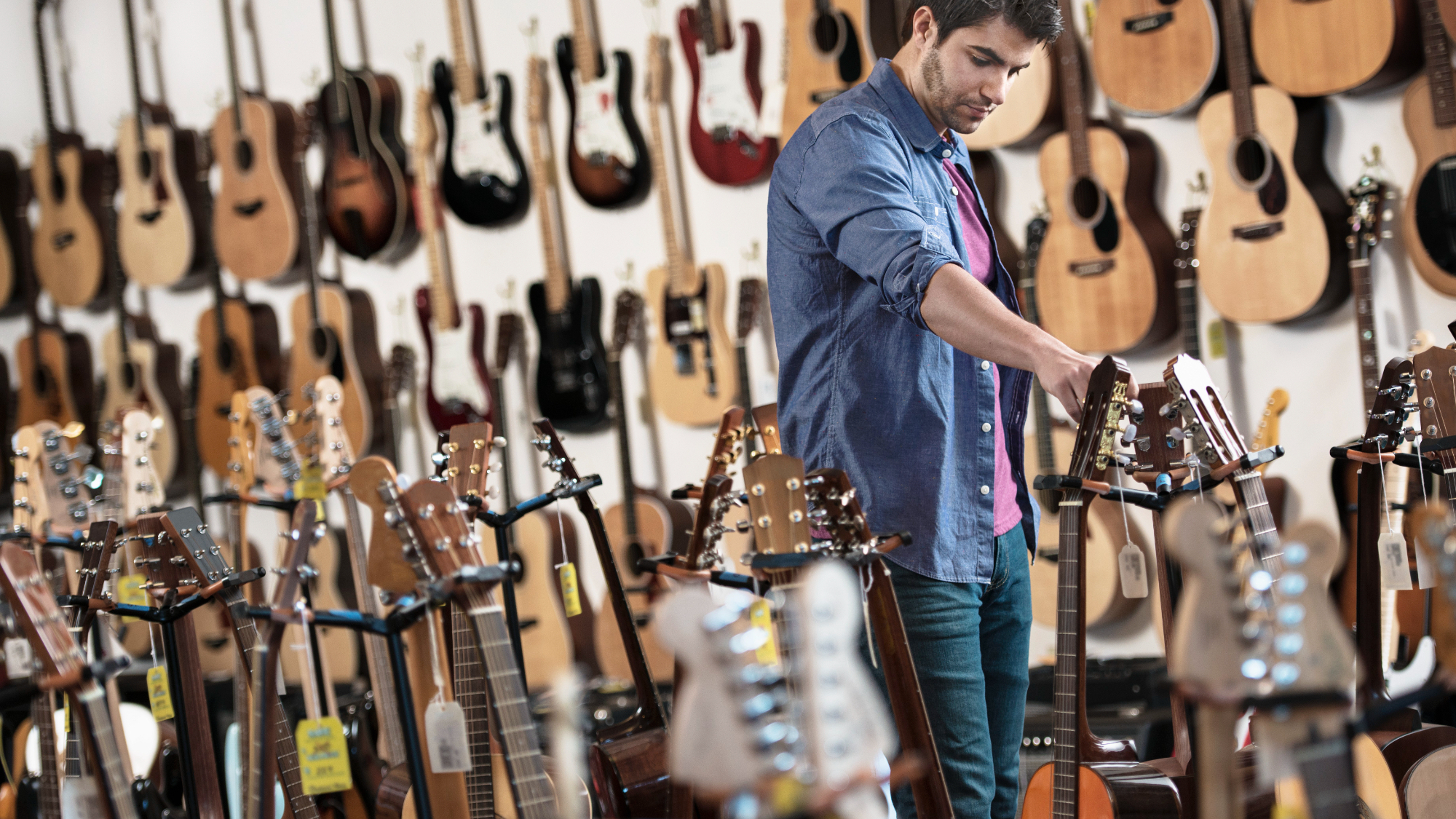
1. Timing is important
Yes, this is a fairly obvious one, but it's very much worth mentioning. The time of year you choose to make your purchase will drastically affect the price you pay. Typically Black Friday is the best time to score a hearty discount, as retailers are gearing up for the big Christmas rush, clearing out older items to make way for stockpiles of beginner acoustic guitars and starter packs. Prime Day is also quickly becoming a great opportunity for the thrifty guitarist, with many music retailers launching their own sales to compete with the online giant that is Amazon.
It's not just established sales events to look out for, though, as shops will periodically drop sales throughout the year. Spring/summer is typically a great time to bag a bargain, as this can sometimes be a quiet period for stores – I suppose people are more likely to be spending money on holidays and festival tickets than hanging around guitar stores.
To ensure you never miss a sale, it pays to sign up to your favorite retailer's mailing list, as this way you'll be notified when the discounts are taking place.
Here at Guitar World, we also scour the net for the best deals we can find from trusted retailers, and we'll share them with you regularly. So be sure to follow us on social media and check the site regularly.
Get The Pick Newsletter
All the latest guitar news, interviews, lessons, reviews, deals and more, direct to your inbox!
During Black Friday and Amazon Prime Day, our Black Friday guitar deals and Prime Day guitar deals hubs are also the places to go to find out what we believe are the best deals at that particular moment in time.
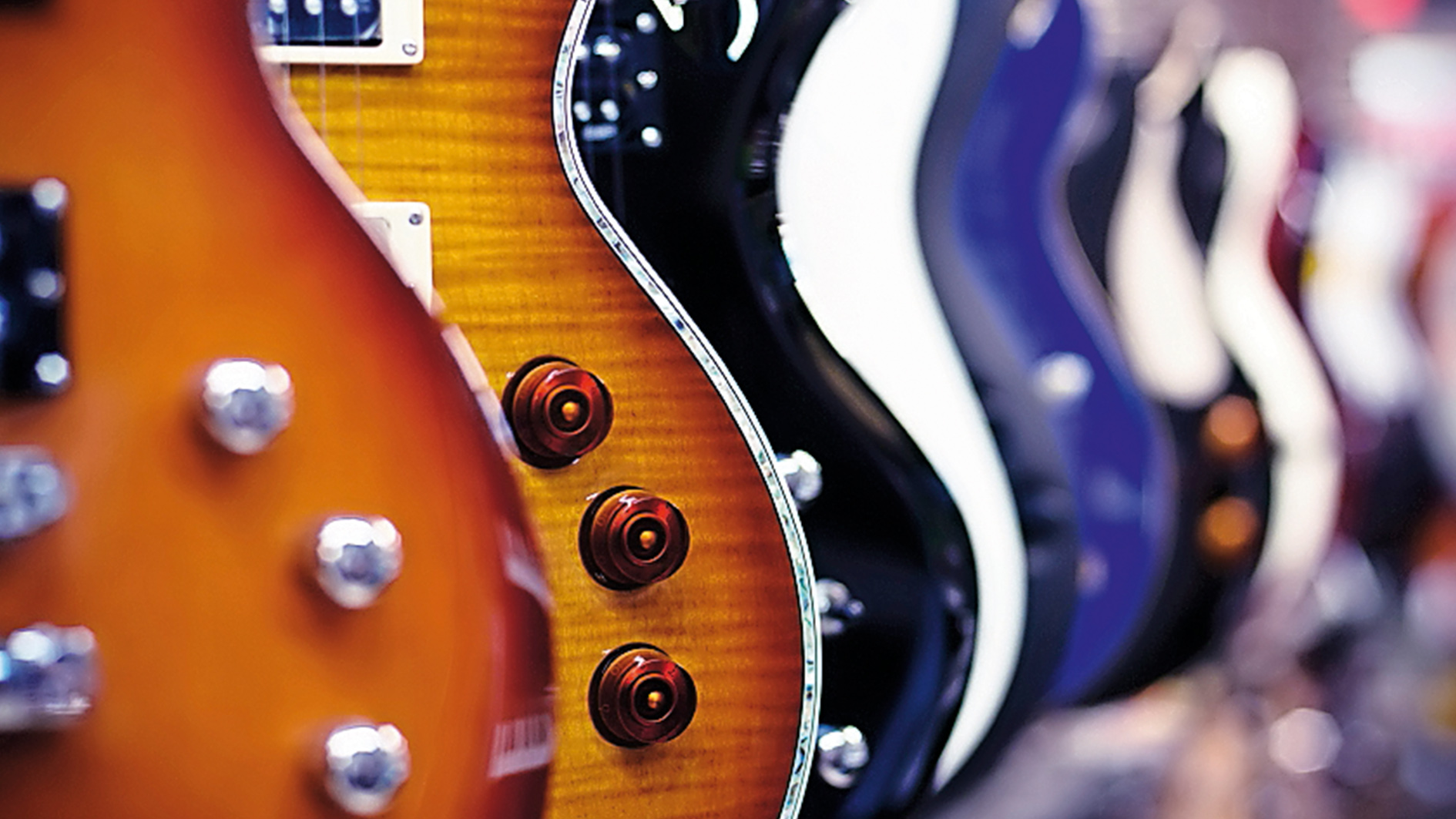
2. Don't be scared of B stock and ex-display items
People like to get hands-on with the products before they make a purchase in a guitar store – and rightfully so, you want to know the guitar feels and sounds right. However, this can lead to one or two accidents taking place. Whether it's a clumsy customer – or employee – bumping a guitar against another while taking it off the wall or the dreaded scars left behind from an overly ornamental belt buckle, guitars will pick up the odd scratch and ding.
When this happens in a store, they'll typically be labeled as "B-stock" or "ex-display" and be marked down in price, with the size of discount depending hugely on the severity of the damage. This is great news for the player who isn't overly bothered about a small scratch or mark on an instrument – I mean, come on, it's sure to pick up the odd scratch at home anyway, right?
Sometimes these accidents actually happen before the guitars even make it to the store, and the manufacturers will sell the guitars to the retailer at a discounted rate – with them passing that saving on to you. These issues will tend to be purely cosmetic, from the odd scratch, ding, or poorly finished area, and they shouldn't affect the guitar's playability in any way.
If you are purchasing online, B-stock and ex-display items will be clearly labeled with detailed photos of the affected area so you can make an informed decision as to whether it's an acceptable level of cosmetic wear for you.
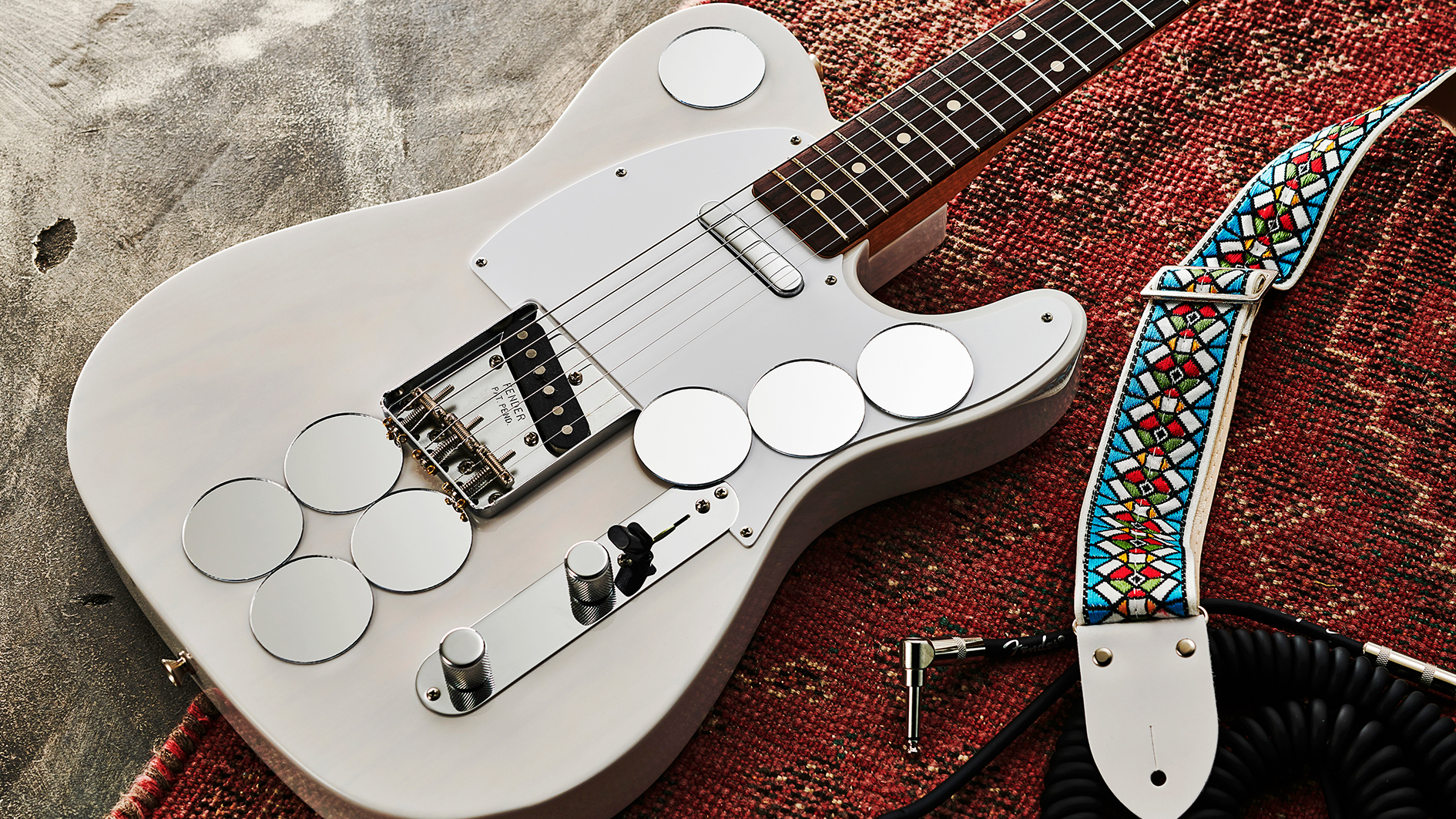
3. Bundle your big purchase with accessories
They say sometimes you need to spend money to save money, right? Okay, bear with me. If you are buying a new guitar, you'll likely need new electric guitar strings, cable, picks, and possibly a new clip-on tuner. So it just makes sense to buy everything you need all at once.
If the retailer can't come down any further on the guitar's price, they may be able to discount the accessories – or throw some in for free – to sweeten the deal. So it's worth asking if there is anything they can do on the price if you add more to your order.
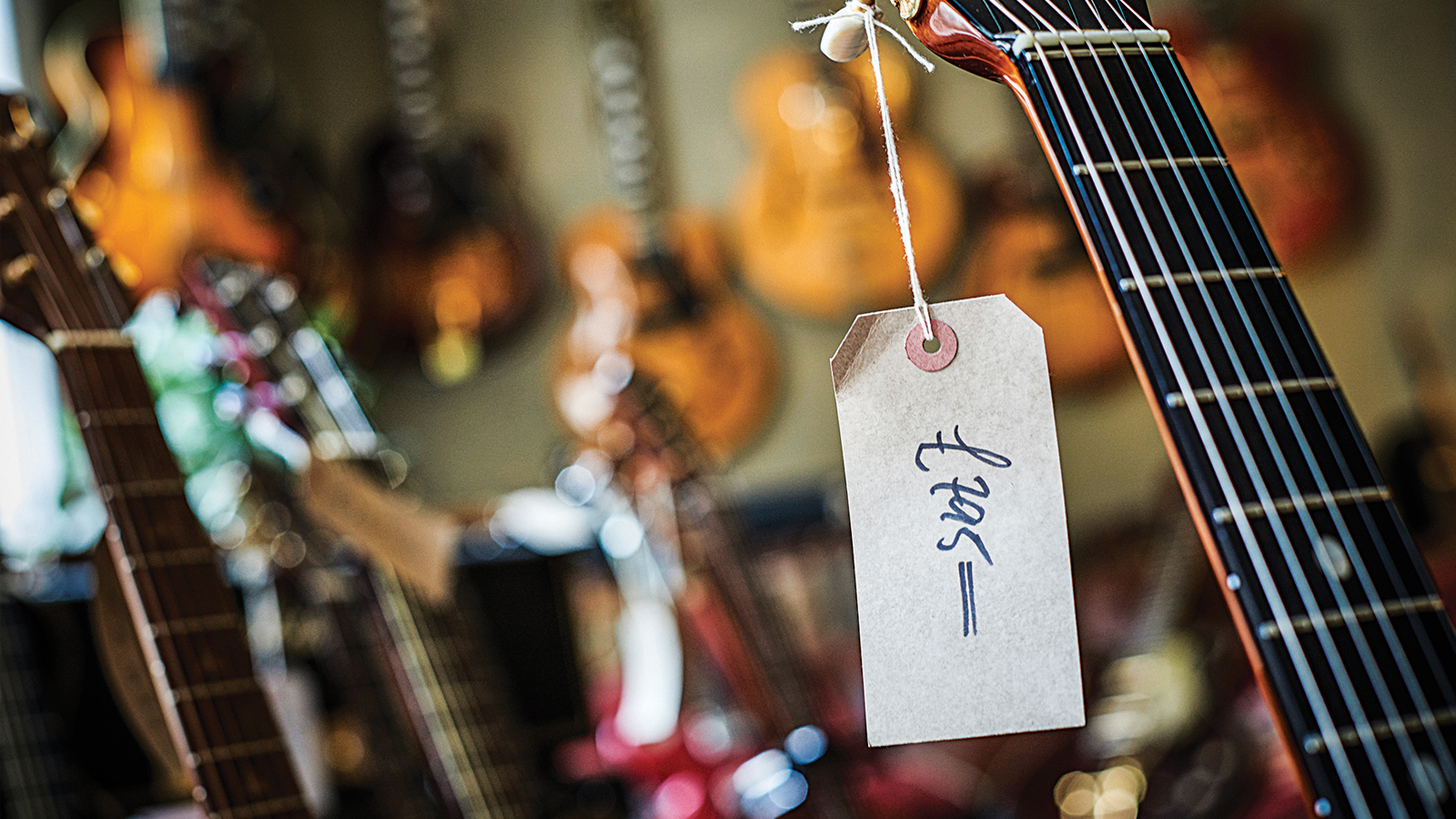
4. Keep up to date with new products
When it comes to guitars, it always pays to be well researched. Not only does knowing your stuff mean you save time when you're looking for the best electric guitar, but it also means you'll be well versed in the latest products coming out, meaning you know when older products are about to be discontinued. This is important as you'll typically see retailers discount older models once the new shiny version hits the shelves.
Updated variants of guitars, pedals, amplifiers, and accessories are constantly being released, so if you like the look of something that's been out for a while, chances are it will be discounted soon – and outside big sales events, too!
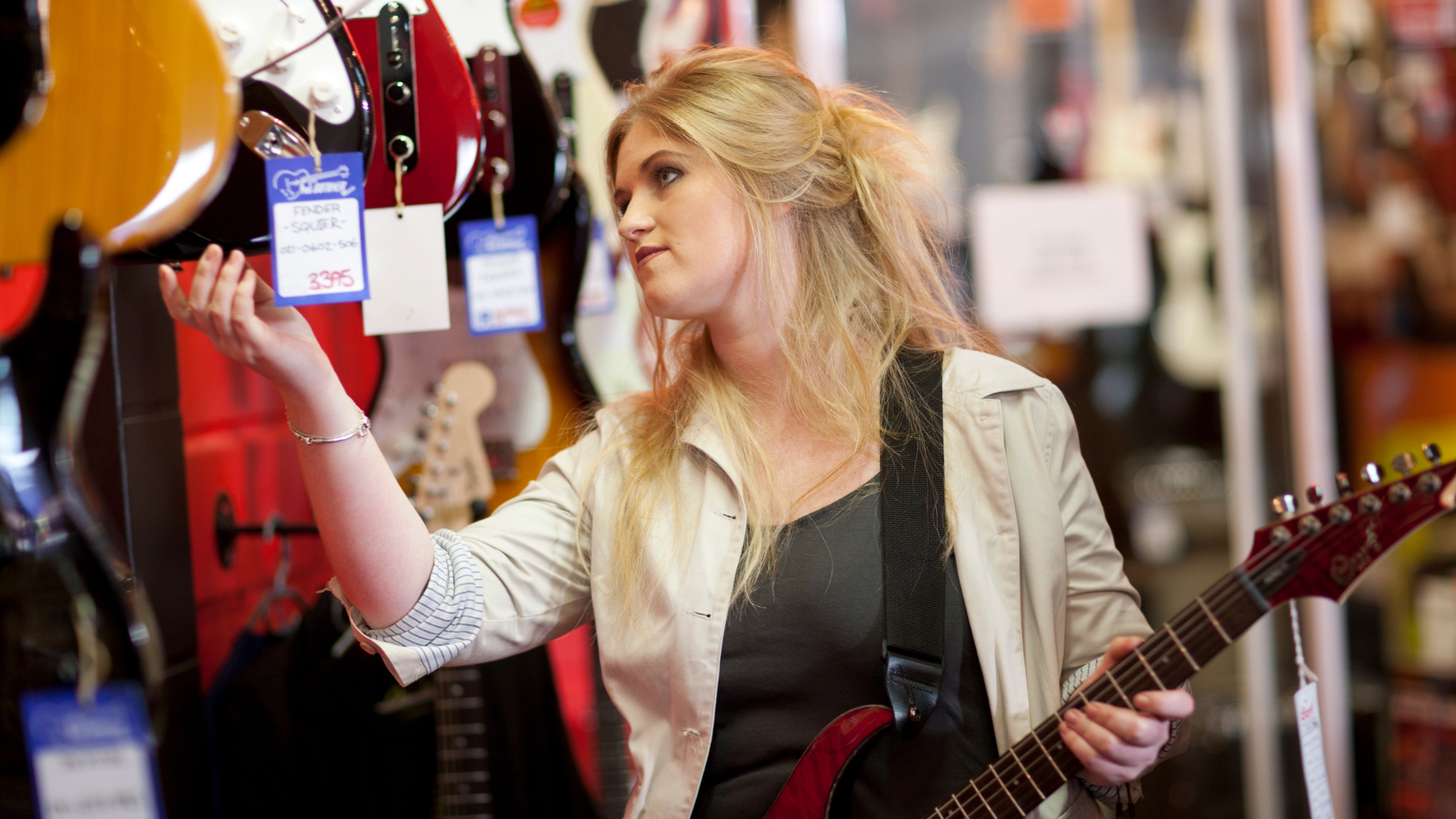
5. Trade in your old guitar
Do you know that "one in, one out" policy your significant other keeps threatening you with? Well, it will come as a shock to no one, but it could actually save you money! Yes, just like buying a car, your old beat-up axe could be used to put a substantial dent in the price of your new guitar.
Most – if not all – guitar stores will offer some form of trade-in policy, with some shops even offering you cold hard cash for that old guitar. However, it has to be said that you will receive less for your guitar than if you were to sell it privately, and you will get substantially less if your guitar is in a sorry state.
So, to ensure you get the best return on your guitar, give it a clean-up, get rid of that horrendous finger jam on the fretboard and for the love of God, please re-string it! Just remember, the less a store needs to do to your guitar for it to be sellable, the more money you'll get.
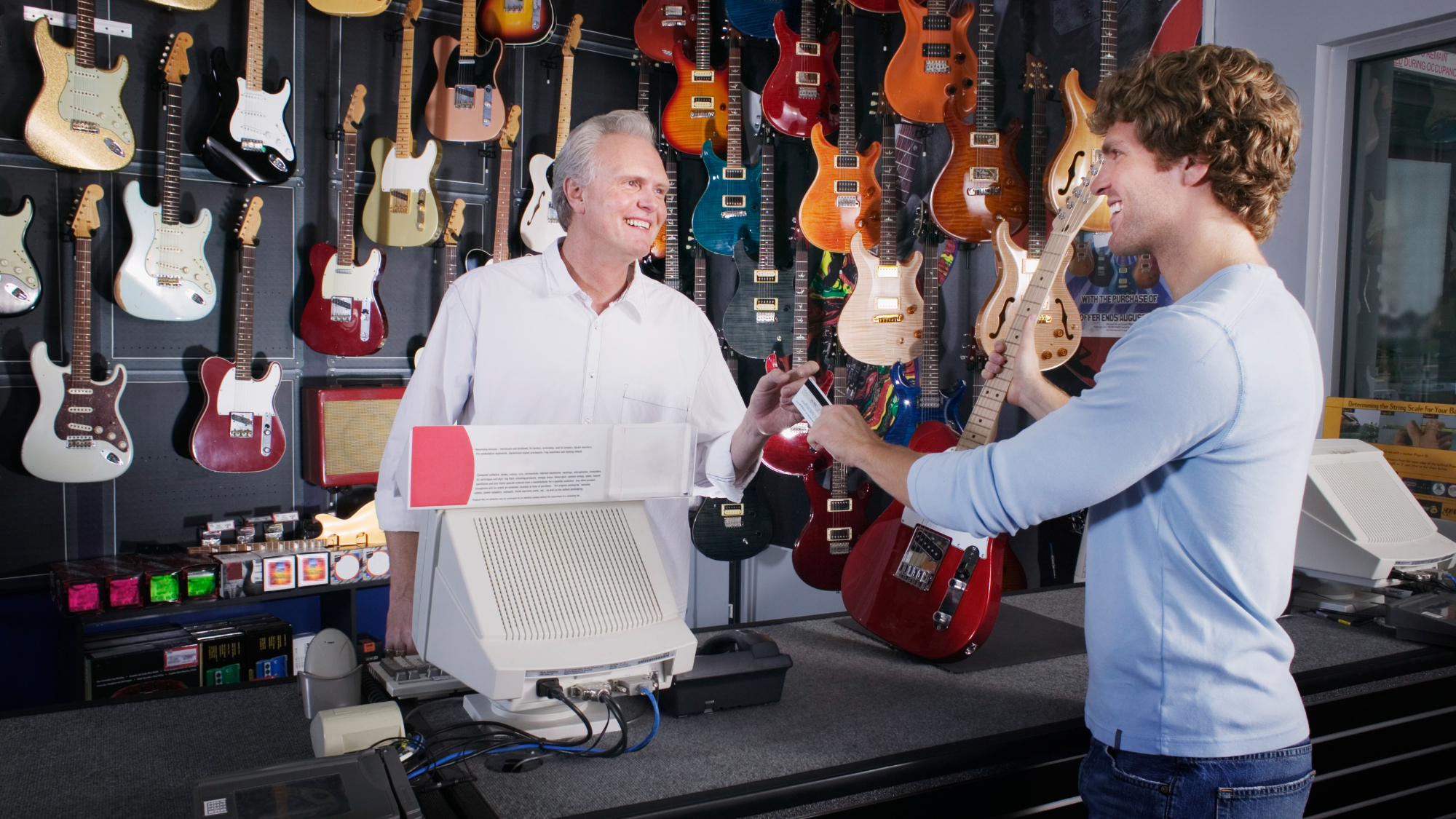
6. Build up a strong relationship with a retailer
Lastly, we'd highly recommend building up a relationship with a retailer. With many stores fighting for as much business as they can get right now, most will reward loyalty. Some retailers offer points – like Andertons in the UK or Sweetwater in the US – which can be collected across multiple purchases and cashed in when you have enough for something special.
Aside from an official rewards program, it pays to get friendly with the folks who run your local music store – they won't bite, honest. However, they will be far more accommodating if you are a regular smiley face they see every week and someone who makes regular purchases.
Now, we are not saying that you'll only get a discount if you are friends with the folks in the store, but haggling becomes easier when you know who you are bartering with.
Need help finding your next axe? Our buyer's guides are here to help
- Meet the best electric guitars under $1,000
- These are the best acoustic guitars under $500
- Need a Les Paul on a budget? Here are the best Epiphone Les Pauls
- Kick off their guitar career with the best guitars for kids
- Looking for a lefty? Here is our pick of the best left-handed guitars
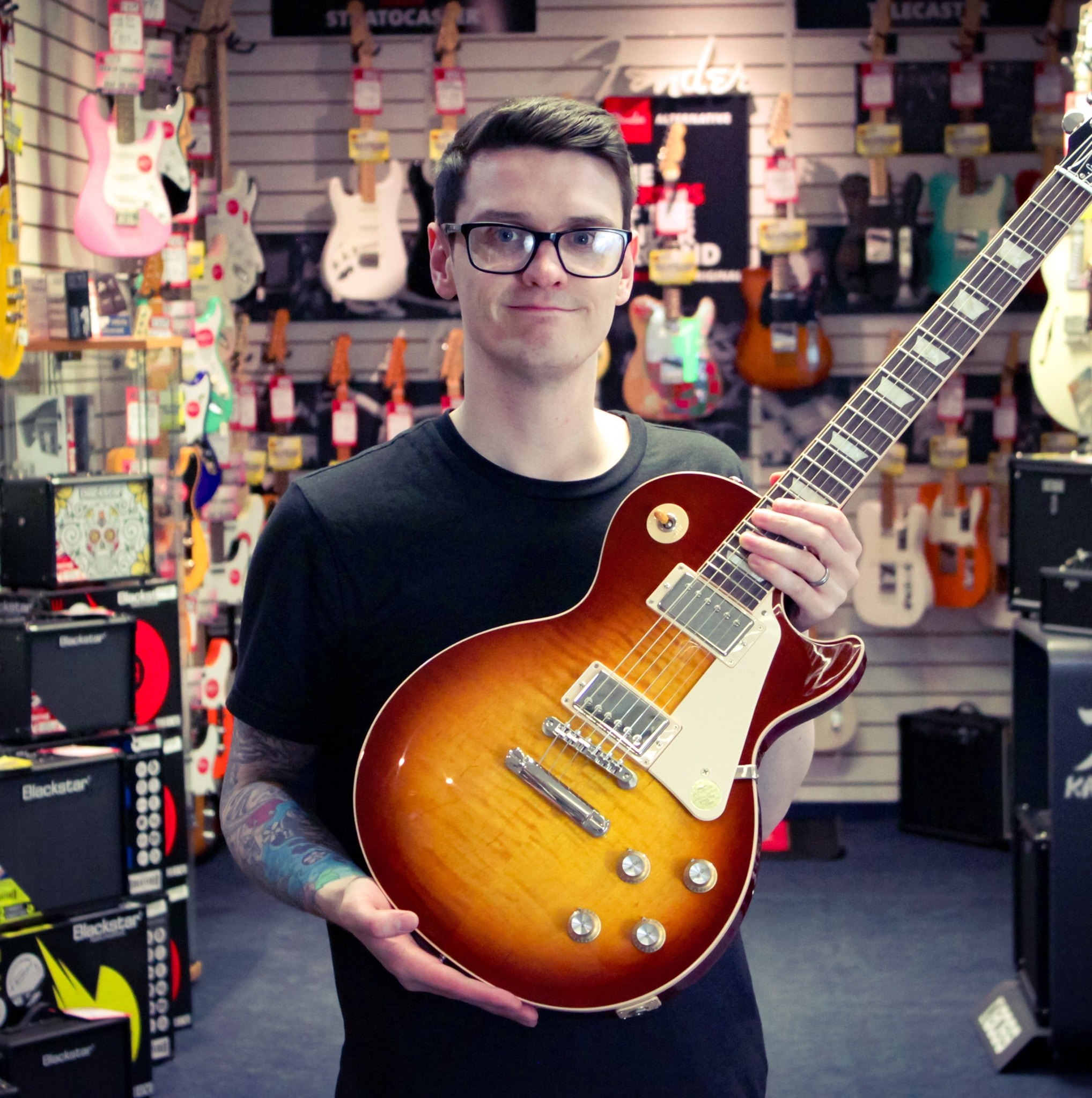
Daryl is a Senior Deals Writer at Guitar World, where he creates and maintains our 200+ buyer's guides, finds the best deals on guitar products, and tests the latest gear. His reviews have been featured in prominent publications like Total Guitar, Future Music magazine, and MusicRadar.com.
During his career, he has been lucky enough to talk to many of his musical heroes, having interviewed Slash and members of Sum 41, Foo Fighters, The Offspring, Feeder, Thrice, and more. In a past life, Daryl worked in music retail. For a little under a decade, he advised everyone from absolute beginners to seasoned pros on the right gear for their needs.
Daryl is also a fully qualified sound engineer, holding a first-class Bachelor's degree in Creative Sound Production from the University of Abertay.
"Upgrading from your entry-level acoustic opens the door to an entirely new world of tonewoods, body shapes, and brands": 6 signs it's time to upgrade from your first acoustic guitar
"I'm past my prime": 5 common excuses for not learning the guitar – and 5 body and mind-boosting reasons you should







![[from left] George Harrison with his Gretsch Country Gentleman, Norman Harris of Norman's Rare Guitars holds a gold-top Les Paul, John Fogerty with his legendary 1969 Rickenbacker](https://cdn.mos.cms.futurecdn.net/TuH3nuhn9etqjdn5sy4ntW.jpg)

